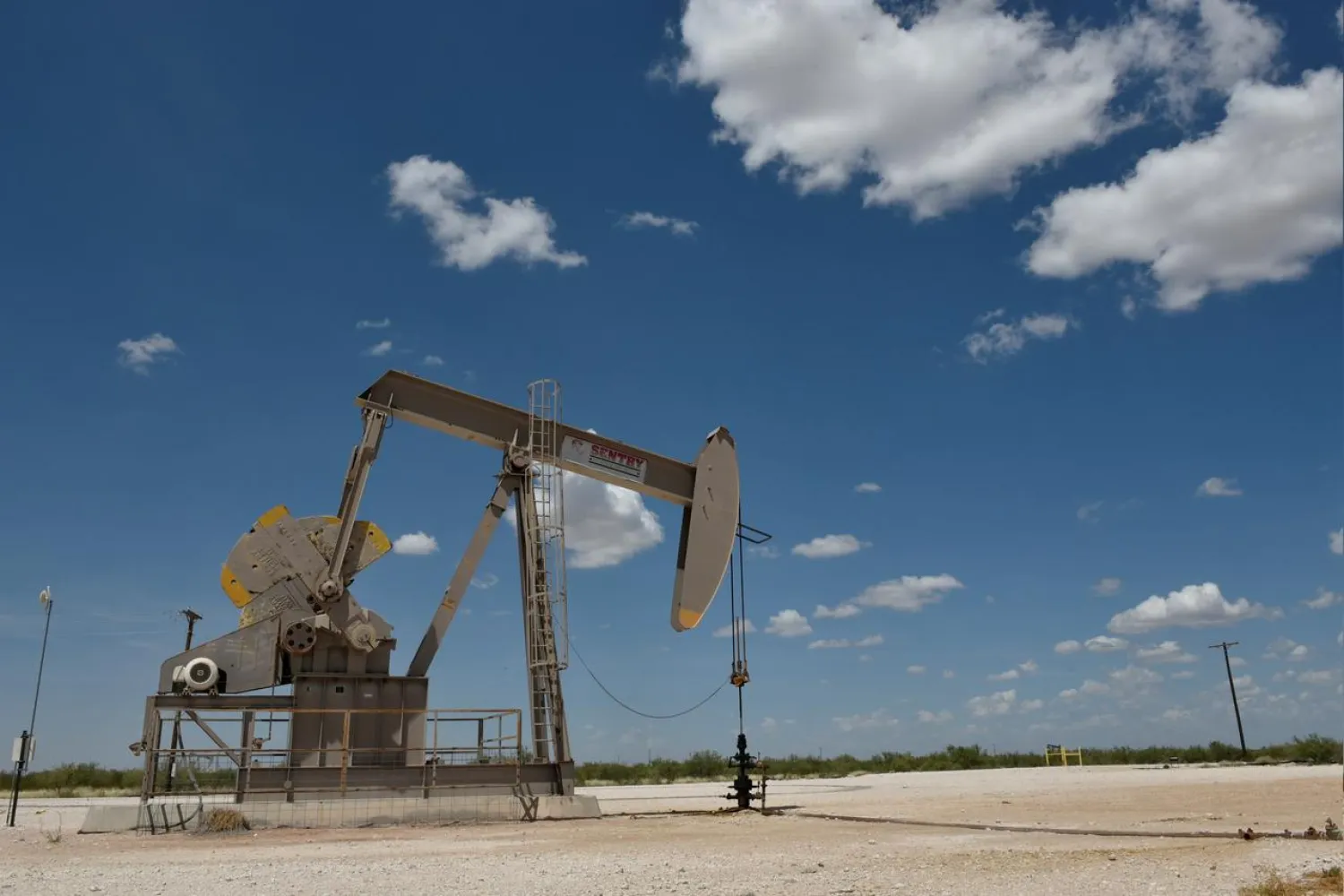G20 energy ministers met at a virtual summit, hosted by Saudi Arabia, pledging to work together to ensure oil "market stability”.
OPEC led by Saudi Arabia and its allies led by Russia, which together make up the informal OPEC+ group, had forged a pact to curb crude production by 10 million barrels per day (bpd) or 10% of global supplies in marathon talks on Thursday.
Russia and OPEC said they wanted other producers including the United States and Canada to cut a further 5%.
But efforts to conclude the deal hit the buffers when Mexico said it would only cut output by a quarter of the amount demanded by OPEC+.
Saudi Energy Minister Prince Abdel Abdulaziz bin Salman told Friday’s summit: “Having affordable, reliable, accessible energy supply is considered a necessity to enable basic services, including health care, and help our efforts in assisting economic recovery.”
The standoff with Mexico had cast doubt on efforts to bolster oil prices, pushed to near two-decade lows by the demand-sapping coronavirus pandemic.
The subsequent G20 talks were expected to seal the deal more widely with non-OPEC countries in the group including Mexico, the United States and Canada, but there was no mention of cuts in the group's final statement.
"We commit to ensure that the energy sector continues to make a full, effective contribution to overcoming COVID-19 and powering the subsequent global recovery," the statement said.
"We commit to work together in the spirit of solidarity on immediate, concrete actions to address these issues in a time of unprecedented international emergency.
"We commit to take all the necessary and immediate measures to ensure energy market stability."
Mexico is the lone holdout in the multilateral OPEC-led deal to slash output in May and June by 10 million barrels per day. The cuts would gradually be reduced until April 2022, according to the deal.
Under the deal, Mexico was expected to cut production by 400,000 barrels per day but the country resisted during the overnight talks.
But Mexico's President Andres Manuel Lopez Obrador said he had reached an agreement with his US counterpart Donald Trump to cut production by only 100,000 bpd.
Trump confirmed the deal, saying the United States will "make up the difference" by cutting "some US production".
The new OPEC+ deal envisaged all members reducing output by 23%, with Saudi Arabia and Russia each cutting 2.5 million bpd and Iraq cutting over 1 million bpd in May and June.
Riyadh and Moscow agreed that their cuts would both be calculated from an October 2018 baseline of 11 million bpd, even though Saudi supplies surged to 12.3 million bpd this April.
Under the plans, OPEC+ would ease cuts to 8 million bpd from July to December and relax them further to 6 million bpd between January 2021 and April 2022, OPEC+ documents showed.
Norway and Canada, both outside OPEC+, have suggested they could cut if the deal was implemented.










